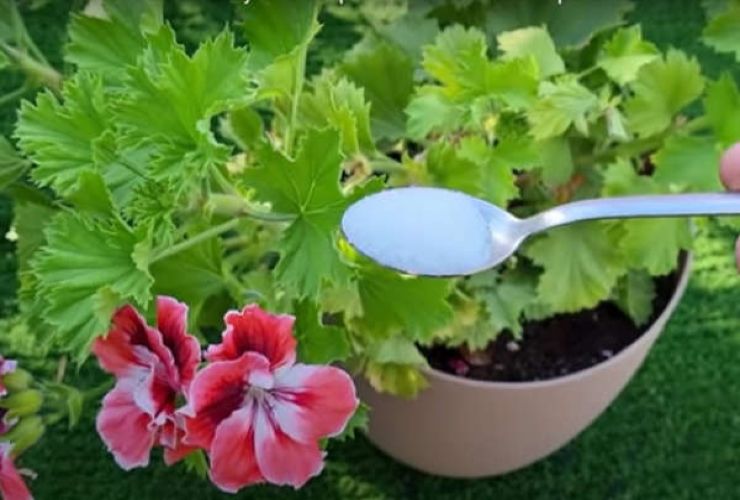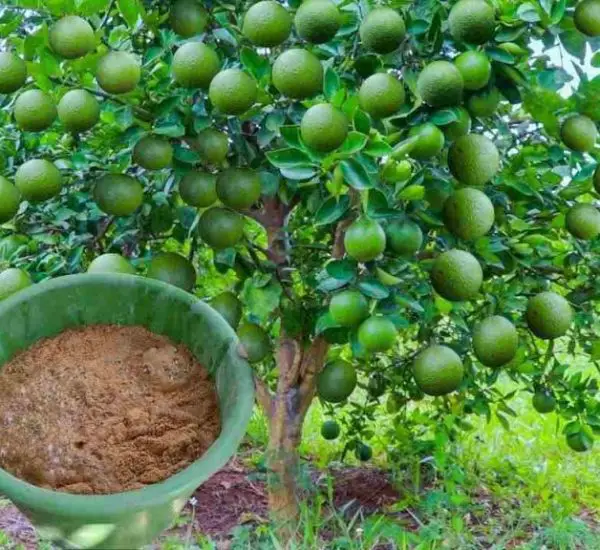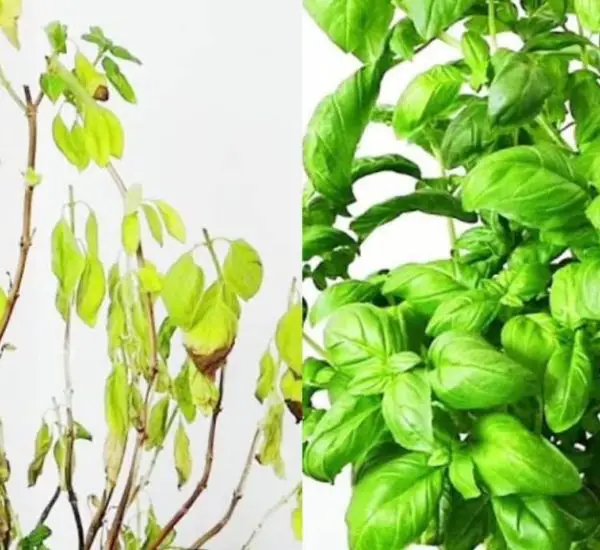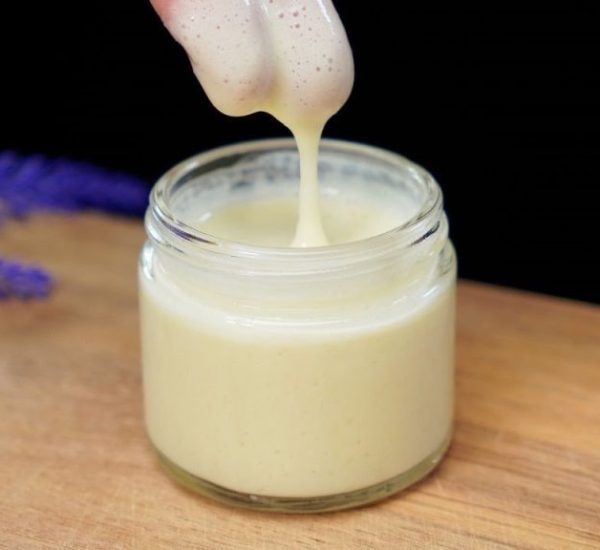Unlocking the Secret to Year-Round Flowering Plants
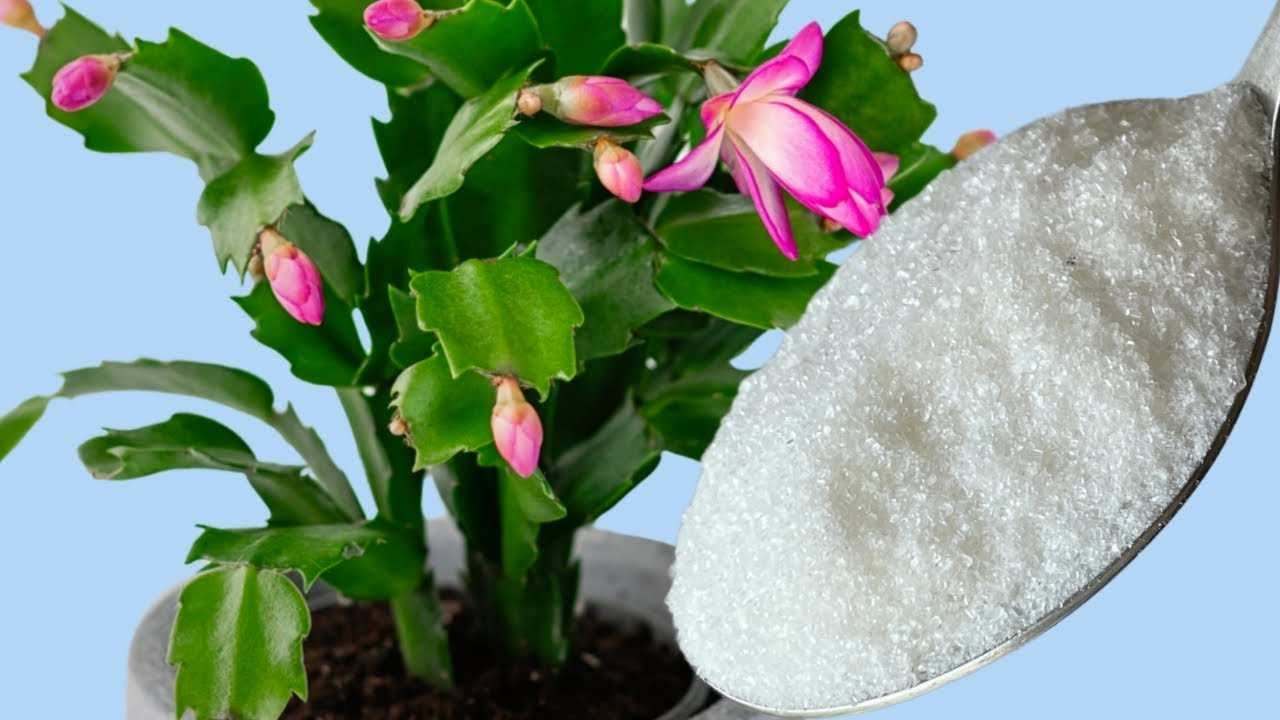
Are you longing for a garden adorned with blossoms throughout the year? Look no further than a humble teaspoon of a special ingredient that promises extraordinary blooms even in the chill of winter. Prepare to revolutionize your approach to floriculture with this game-changing secret.
Ensuring Continuous Flowering
If you’re a plant lover, you’ve likely grappled with the challenge of achieving consistent flowering. Admiring your vibrant green companion on the terrace or in the living room, you might wonder why it fails to produce flowers or blooms only once a year. Fear not; a transformative trick awaits, promising lush, healthy plants bursting with blossoms. Ready for the revelation? Grab a pen; you’ll want to remember this fantastic tip that’s bound to earn our gratitude.

The Magical Ingredient for Swift Blooms
Inducing a plant to flower is no simple feat, involving complex molecular reactions and gene activation. But fear not, as there are tricks to ensure year-round flowering, and you likely have the key ingredient in your pantry: sugar! This ordinary kitchen staple not only promotes flowering but also revitalizes leaves.
If you observe yellowing or falling leaves, it indicates your plant isn’t absorbing all the necessary nutrients. The remedy? Create a simple fertilizer with sugar, as plants require glucose for cell regeneration. Here’s how you can use this magical ingredient:
- Option one: Sprinkle a teaspoon of sugar into the soil every 15 days.
- Option two: Mix a teaspoon of sugar in 500 ml of water and water the soil once every 30 days.
Regardless of your choice, you’ll witness a revival—green, shiny leaves, and the spectacular sight of flourishing flowers. The secret lies in sugar’s glucose content, fostering healthy growth for long-lasting, thriving plants indoors, on the terrace, or in the garden.
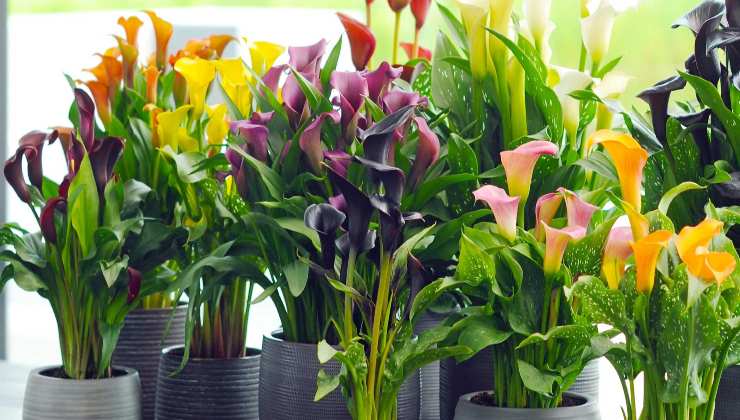
Caution: Moderation is key. Excessive sugar can lead to plant decay, resulting in a withered or dead plant. Nevertheless, sugar proves to be an excellent fertilizer with numerous benefits:
- Promotes cell regeneration.
- Supports overall plant growth and energy.
- Acts as a natural trap for pests like mosquitoes, ants, and aphids.
- Provides essential nutrients for vigorous roots and robust leaves.
For those who prefer alternatives, a combination of a vitamin B tablet and activated charcoal powder can be mixed with 500 ml of water and used to moisten the soil once a month. This alternative solution also yields a healthy, strong plant with vibrant and colorful flowers. Embrace the magic of these natural fertilizers, and watch your garden flourish.
